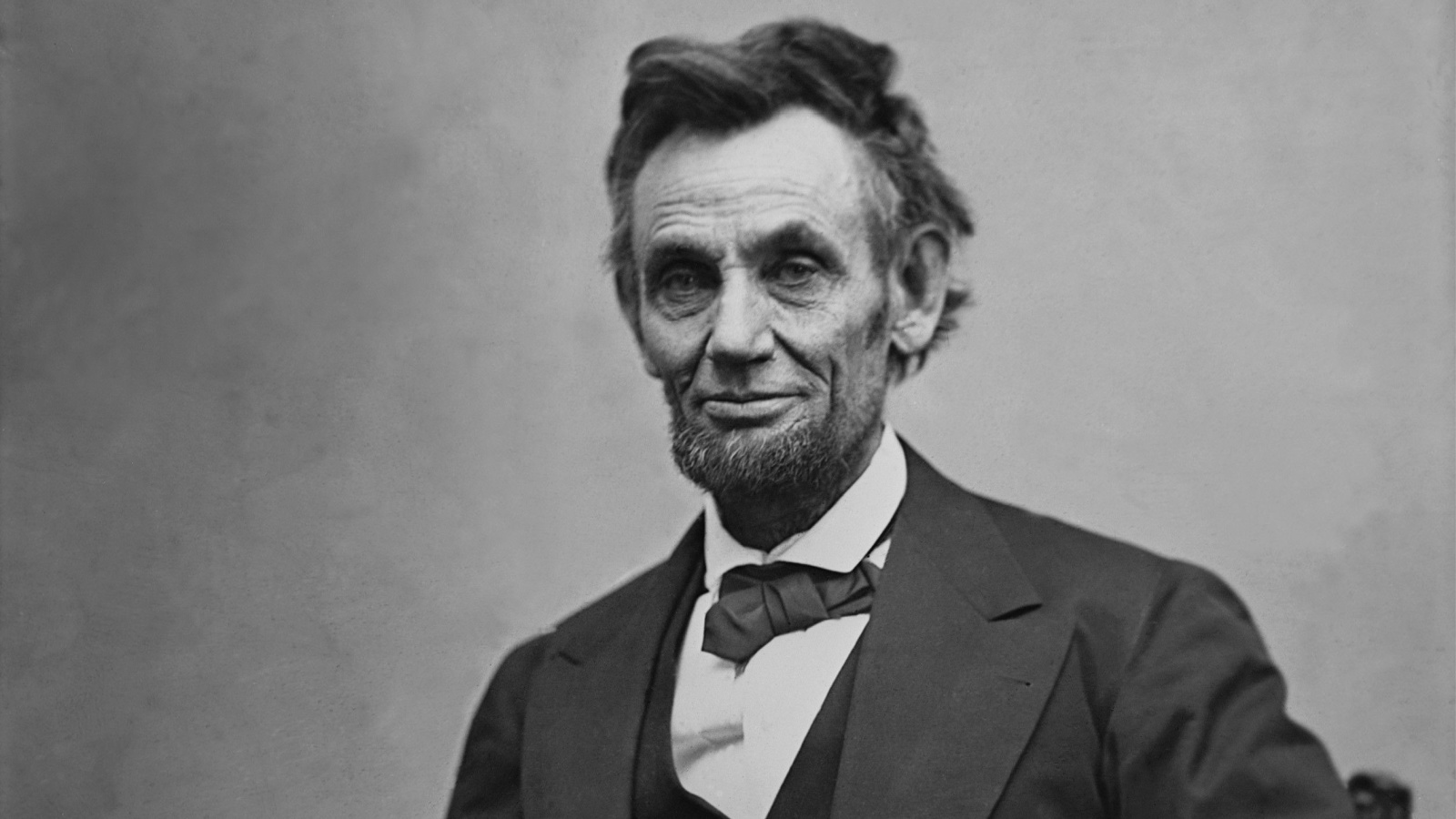As time marches on, the sands of social acceptability shift beneath our feet. What was once deemed appropriate can quickly be on the outskirts of societal norms. Reflecting on past practices versus today’s standards offers a window into how far we’ve come and where we still need to tread carefully.
Smoking Indoors

Once a common sight in offices, restaurants, and even airplanes, smoking indoors is now widely banned due to health concerns. The haze of cigarette smoke that filled public spaces is a thing of the past. Today, it’s a social faux pas and often illegal to light up inside.
Casual Racism

Remarks and jokes once brushed off as casual or harmless, are now recognized for their harmful impact. Society has grown to understand the deep-seated racism behind these “jokes.” Increasing awareness and sensitivity have made such behavior socially unacceptable.
Drinking and Driving

There was a time when drinking and driving were not seen with the same severity as today. Modern laws and social awareness campaigns have drastically changed perceptions, highlighting its dangers. Now, it’s not only illegal but also deeply frowned upon socially.
Not Wearing Seatbelts

Skipping the seatbelt was once a common practice, with many cars not even equipped with them. Legislation and safety campaigns have since made wearing seatbelts mandatory and normalized. Today, driving or riding without a seatbelt is both illegal and socially criticized.
Gendered Job Advertisements

Job postings once openly specified preferred genders, a practice unthinkable in today’s job market. Laws and a shift in societal values towards gender equality have made such specifications illegal and unacceptable. The job market now emphasizes skills and qualifications over gender.
Public Littering

Littering in public spaces was not always met with the disdain it is today. Increased environmental awareness has shifted public opinion, making littering a socially and legally reprehensible act. The push towards a cleaner environment has made us rethink how we dispose of waste.
Corporal Punishment in Schools

Physical discipline in educational settings was once a common and accepted form of punishment. Changes in laws and educational philosophies now favor non-physical methods of discipline, recognizing the negative impacts of corporal punishment. Today, it’s largely considered inappropriate and ineffective.
Calling After Dark

Making phone calls late at night was unacceptable before the era of cell phones and texting. Now, with the ubiquity of messaging apps and email, late-night messages are not considered intrusive and inconsiderate, especially since people have the option of silencing their phones before they go to sleep or setting up automatic sleep settings.
Unsolicited Advice on Parenting

Offering unsolicited advice on parenting choices was once common, but today’s parents are more likely to assert their right to make independent decisions. The rise of diverse parenting philosophies has made unsolicited advice less welcome, reflecting a broader respect for individual choices and boundaries.
Ignoring Consent

Ignoring consent, whether in personal or professional contexts, was often overlooked in the past. Today, consent is a cornerstone of social interactions, emphasizing respect and autonomy. The evolution towards understanding and respecting personal boundaries marks a significant societal shift.
Excessive Work Hours

Glorifying overwork and excessive hours in the office was once a badge of honor. Now, there’s a growing understanding of work-life balance and the importance of mental health, making such practices less socially acceptable. Society is increasingly valuing personal time and well-being over constant availability for work.
Single-Use Plastics

The ubiquitous use of single-use plastics was once the norm without much thought for environmental impact. Increased awareness of pollution and waste management issues has led to a push for reusable and sustainable alternatives. Today, using single-use plastics is often viewed as irresponsible.
Open Discrimination

Discriminating openly against people based on race, gender, sexuality, or religion was once more common and less challenged. Legislation and a shift in societal attitudes have made such discrimination unacceptable and illegal. Society has become more inclusive, though challenges remain.
Ignoring Environmental Concerns

Environmental issues were once considered a low priority, with industrial and personal practices reflecting little concern for ecological impact. Today, environmental awareness and sustainability are central to social and political discourse, making ignorance of these issues socially frowned upon. The global conversation on climate change has elevated the importance of eco-friendly practices.
Questionable Advertising Practices

Advertisements once employed tactics and messages that would not meet today’s ethical standards, including promoting harmful products to children. Increased regulation and consumer awareness have led to more responsible advertising. Today, misleading or exploitative advertising tactics are widely condemned.
Normalization of Harassment

Behaviors once dismissed as “boys will be boys” or tolerated as part of workplace culture are now recognized as harassment. A greater understanding of the impact of harassment has led to stronger protections and less tolerance for such behavior. The #MeToo movement has been pivotal in changing perceptions and accountability.
Wasteful Water Usage

Practices like leaving the tap running or taking excessively long showers were not widely criticized in the past. Today, water conservation efforts and awareness of scarcity have made such habits socially and environmentally unacceptable. Mindfulness about water usage reflects growing environmental concerns.
Invasive Questions

Asking invasive personal questions, such as those about marriage, children, or salary, was once more commonplace. Increased recognition of privacy and individual choice has made such questions socially awkward or inappropriate, reflecting a broader understanding of personal boundaries.
Tolerance for Smoking Around Children

Smoking around children, even in enclosed spaces like cars, was not always met with criticism. Now, awareness of secondhand smoke’s health risks has made this behavior socially unacceptable. Protecting children’s health has become a priority, changing attitudes towards smoking in their presence.
Indiscriminate Antibiotic Use

Antibiotics were once prescribed and used for a wide range of illnesses without much thought for future consequences. The rise of antibiotic-resistant bacteria has led to more cautious and informed use. Today, indiscriminate antibiotic use is discouraged.
Leaving Pets in Cars

Leaving pets unattended in vehicles was not always recognized for the danger it poses, especially in extreme temperatures. Increased awareness of animal welfare has made this practice socially unacceptable and illegal in many places. Protecting pets from harm is now a widely recognized responsibility of pet ownership.
Non-Consensual Photo Sharing

Sharing photos of others without their consent, especially in compromising or private situations, was not always considered a violation of privacy. With the rise of digital media and awareness of privacy rights, such actions are now seen as intrusive and unacceptable. Respect for privacy and consent has become paramount in the digital age.
Disregarding Accessibility Needs

Ignoring the accessibility needs of individuals with disabilities was once more common in both physical and digital spaces. Increased advocacy and legal requirements have heightened awareness and efforts to ensure accessibility for all. Today, making environments accessible is a legal requirement and a matter of social inclusion.









Die klassischen Spiele wie Blackjack, Poker und Roulette musst
du allerdings weiterhin in den Spielbanken der umliegenden Städte spielen. Obwohl Köln die größte Stadt in NRW ist, gibt es hier bis dato kein klassisches
Casino mit den bekannten Tischspielen. Während du bei manchen Anbietern, mit Ausnahme der Sperrzeit,
immer spielen kannst, öffnen andere Anbieter erst am Mittag.
Zum Poker spielen, sollten Sie eine der umliegenden staatlichen Spielbanken aufsuchen. Wenn
Ihnen elektronisches Roulette ausreicht, können Sie Roulette in der Colonia Spielothek in Poll spielen. Wir setzen auf klare Altersgrenzen, bieten Optionen für Selbstausschluss und stellen umfassende
Ressourcen bereit, um Spieler zu unterstützen, die Hilfe
benötigen. Mit 108 Standorten deutschlandweit haben wir uns eine selbstbewusste Marktposition erobert.
Erbaut im Jahr 1889 hatte sie schon den typischen Seitenarm und erhielt als erste
die Bezeichnung „Einarmiger Bandit“. Brauchen Sie ein Casino Spiel das für gute Stimmung sorgt und alle in den Bann zieht?
Verschiedene Kombinationen der Augenzahlen entscheiden darüber wer von den Spielern gewinnt.
Der Shooter wirft zwei rot durchsichtige Würfel auf die Spielfläche
des Crapstisches, in der Regel nutzt er dazu eine der Seitenwände.
Wie schon erwähnt ist Craps ein Würfelspiel – Wobei hier nicht wie
üblich ein Würfelbecher zum Einsatz kommt. Lassen Sie sich nicht täuschen, nachdem
Sie eine Runde zugeschaut haben, werden Sie schon in der zweiten Runde
miteinsteigen wollen.
References:
https://online-spielhallen.de/revolution-casino-login-ihr-weg-zum-spielvergnugen/
The bonus includes a match on your first deposit and free spins.
With years of experience in online gambling, he provides accurate insights
into the industry. The platform supports secure crypto payments with no
deposit transaction fees, and withdrawals are processed quickly.
Players can contact customer support via live chat for instant assistance, and email support is also available for more
detailed queries. These measures reflect the casino’s commitment to a safe and responsible gaming environment.
The casino promotes responsible gambling by offering deposit limits,
timeouts, and self-exclusion tools.
At Richard Casino, we believe that gambling should be a fun and entertaining experience.
Bonuses & PromotionsA generous welcome bonus can boost your bankroll, but always read the terms and conditions.
Proper Licensing & RegulationA reliable casino should hold a valid
gambling license from a recognized authority such as Curacao eGaming, Malta Gaming
Authority (MGA), or the UK Gambling Commission. The platform
partners with independent auditors to guarantee fair play and transparency.
Sign up today, claim your welcome bonus, and start winning real
money at Richard Casino! Plus, with 24/7 customer support, you’ll always have
help when you need it.
These bonuses offer considerable value and flexibility,
allowing new players to explore the platform with additional funds and spins.
The Richard Casino welcome package is tailored to new players and
offers a generous multi-tier deposit bonus.
These elements work together to deliver Australian users a seamless online casino experience.
Richard Casino started operations in 2023 under Hollycorn N.V., bringing a new standard of online casinos for Australian players.
References:
https://blackcoin.co/casino-bonus-ohne-einzahlung/
This comprehensive range guarantees that every visitor,
regardless of their experience level, finds something to enjoy, significantly enriching
the gaming atmosphere at Wrest Point Casino. Accommodation Wrest Point
Casino ranges from comfortable hotel rooms to luxurious
suites, all designed to provide guests with stunning views of the Derwent
River or Mount Wellington. Beyond gaming, Wrest
Point also prides itself on offering a diverse range of dining
experiences, from casual eateries to fine dining restaurants, where patrons can enjoy local Tasmanian produce and international cuisine.
The casino floor features a wide array of games, including popular table
games such as blackjack, roulette, baccarat, and poker, alongside a vast selection of
electronic gaming machines and slot machines. Yes, the online casino is fully mobile-optimized and also
offers dedicated apps for iOS and Android for the best on-the-go experience.
Credits range from 1c to $1 and there’s linked jackpots on several machines that progressively grow until won. We’re home to nearly 500 machines, located on both
our main casino floor and Boardwalk floor.
The Casino’s bar and lounge space features
live music on Fridays and Saturdays. Wrest Point is Australia’s first ever casino.
Considering on the integration of software technologies at Wrest Point Casino, it’s important
to note that the establishment leverages cutting-edge systems across its gaming and operational spectrum.
For larger wins, arrangements can be made for alternative withdrawal methods,
such as bank transfers or checks, to ensure the safety and convenience of the transaction. These
cards provide a convenient and secure way to manage expenses, catering to a broad range of
customers with different preferences. At Wrest Point Casino,
transactions for gaming, purchases, and accommodations
are primarily conducted in person.
References:
https://blackcoin.co/mega-moolah-reviews-gambling-plays-for-big-wins/
online casino mit paypal einzahlung
References:
thdeco.com
online casino roulette paypal
References:
http://www.uocharon.com/bbs/board.php?bo_table=free&wr_id=441
WhatsApp web’ https://www.ws-kcy-whatsapp.com Follow up on tasks through reminders sent on WhatsApp Web. . Date: 2026-01-14 01:05:53 (-03).
Awesome post! Join the fun at https://www.ucg-4whatsapp.com 在 WhatsApp 網頁版上,快速獲取朋友的反饋,實現即時溝通。 . Date: 2026-01-14 16:47:25 (-03).